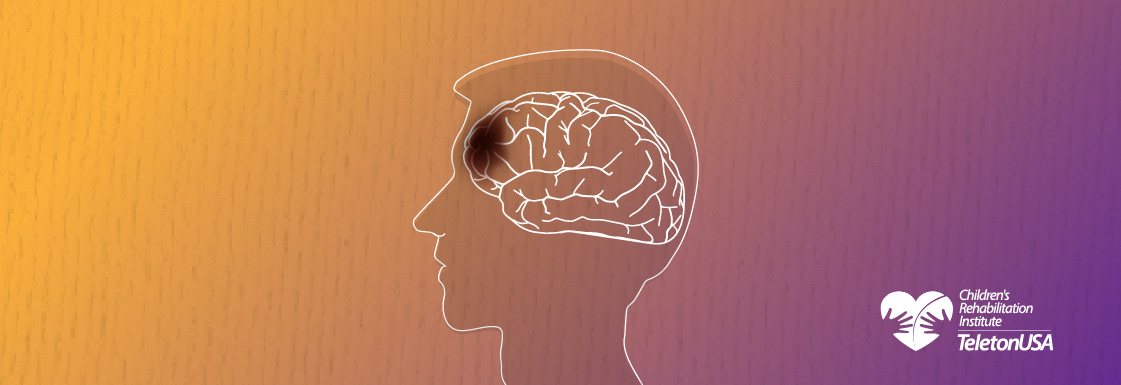A Traumatic Brain Injury, or TBI, results from a direct hit to the head that disrupts healthy brain function and development. The severity of a TBI ranges from “mild” to “severe.” Short-term symptoms generally fall within one of four categories: (1) thinking/remembering (such as difficulty concentrating or remembering new information); (2) physical (such as nausea, vomiting, or light sensitivity); (3) emotional/mood (such as irritability, sadness, or anxiety); and (4) sleep (sleeping more or less than usual). Caregivers should seek immediate medical attention if the child experienced a bump or blow to the head/body, and especially if they observe different sized pupils, new seizure activity, or loss of consciousness. Additionally, if a child will not stop crying or will not eat, they should be taken to the emergency department.
For mild cases, such as concussions, the most important activity that will help recovery is rest. Children should avoid high-risk and high-speed activities that could result in another concussion. Caregivers should administer medications as prescribed by the pediatrician. For more severe cases, early and consistent physical, occupational, and speech therapy is indicated to help optimize their functional potential. While they may not return to their baseline level of function, patient and caregiver involvement with therapist can provide the training and adaptive equipment needed to improve their quality of life.
For more information, please visit: https://www.cdc.gov/traumaticbraininjury

